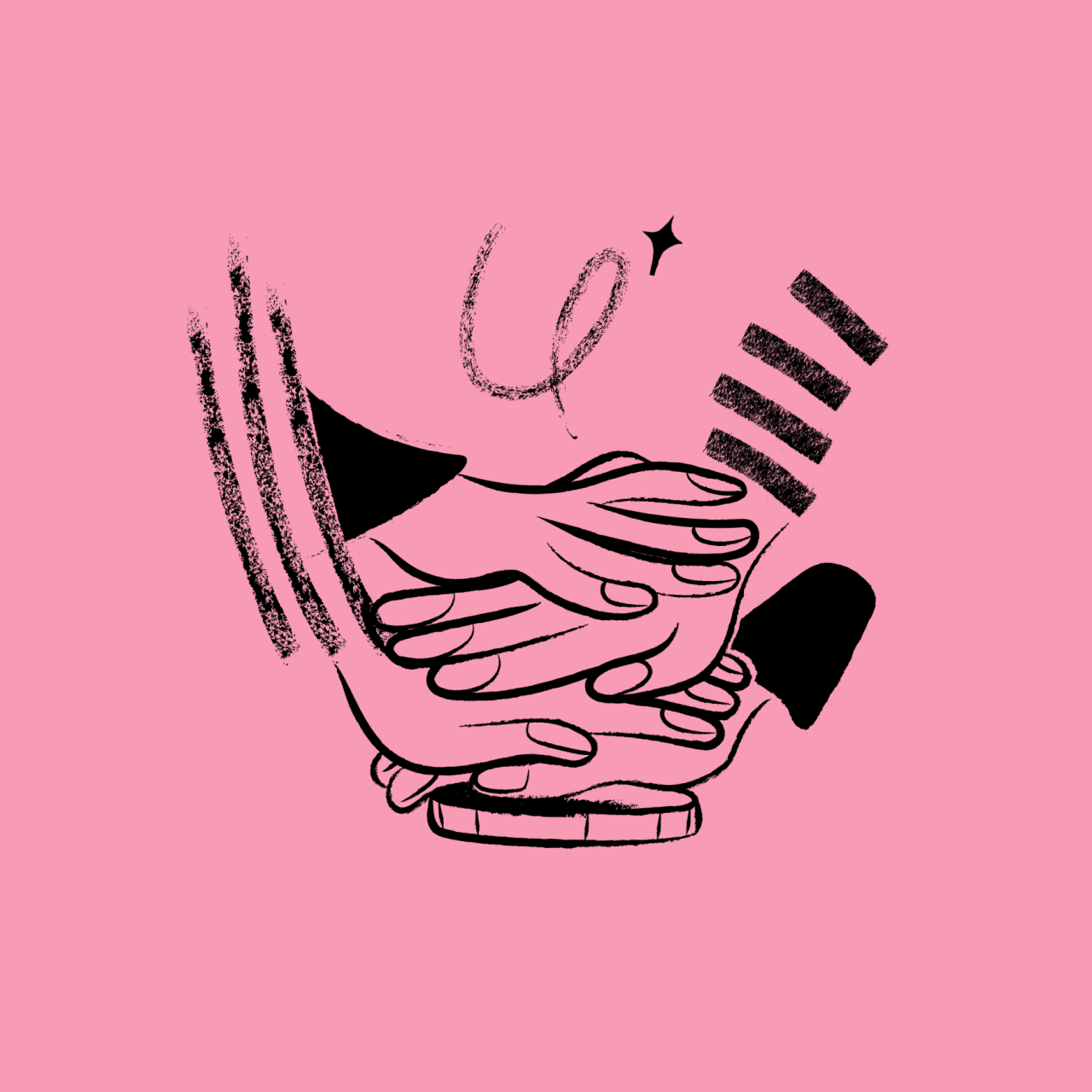Late summer: that bittersweet stretch where the days are still long, the evenings are just warm enough for a final BBQ, and the urgency to squeeze out every last drop of the season starts to hit hard. It’s like we’re all collectively realising that autumn is around the corner, and suddenly there’s a mad rush to make the most of what’s left.
Cue late-summer impulse spending – those last-minute getaways, spontaneous shopping sprees, and splurges on sales that seem too good to pass up.
While it feels good in the moment, those spontaneous expenses can leave you with a serious case of buyer’s remorse. So, let’s talk about how you can enjoy the final days of summer without wrecking your budget.
What exactly is impulse spending?
Impulse spending is when you buy something on a whim, without planning for it or even really needing it. It’s that tempting pair of sandals you didn’t know you wanted until you saw them on sale, or the sudden decision to book a weekend trip because you feel like you deserve one last holiday before the season ends.
Treating yourself is great, and a key part of financial wellbeing. But all too often impulse purchases come with post-purchase guilt and financial stress.
Why late summer makes us overspend
So why is it that late summer seems to be prime time for impulse buying? Well, a lot of it comes down to psychology. As summer winds down, there’s a subtle (or not so subtle) pressure to make the most of the remaining days. You might feel like you’re running out of time to have fun, and that can lead to FOMO, which is a huge driver of impulsive decisions.
There’s also that sense of “treat yourself” mentality that creeps in. You’ve worked hard all year, the weather’s nice, and before you know it, you’re convincing yourself that you deserve that new garden furniture or those last-minute concert tickets. And let’s not forget those end-of-season sales – retailers know exactly what they’re doing when they throw flashy discounts your way.
Curb your impulse spending without missing out
The good news is, you can still enjoy the last bits of summer without emptying your wallet. Here’s how:
- Get to know your triggers: The first step is recognising what triggers your impulse buys. Is it boredom, stress, or maybe scrolling through Instagram and seeing what everyone else is up to? Once you identify your triggers, it’s easier to manage them. Amelia, one of our RiseUp community, shared how she tackled her impulse spending. “Impulse shopping used to be a big issue for me. I started ADHD coaching last year and I’ve got it completely under control. For me, recognising it’s dopamine chasing and redirecting it to something else like a hobby (crochet or knitting) and then having savings Pots for shopping with Monzo means that unless it’s in my shopping Pot, I know I can’t do it.” In just a year, she has cleared £5.5k of debt by doing this.
- Set a spending plan – and make it fun: Budgeting doesn’t have to be boring. In fact, giving yourself a little leeway to splurge on things that genuinely make you happy can actually make it easier to stick to your budget. This is where the concept of “joyful restraint” comes in. It’s about setting limits that actually enhance your enjoyment because you know you’re spending within your means. It’s like having your cake and eating it too – you get the thrill of a purchase without the guilt later.
- Choose experiences over things: One of the best ways to keep your spending in check is to focus on experiences rather than stuff. A spontaneous day trip, a picnic in the park, or even a quiet evening at home with a good book can be just as fulfilling – if not more so – than buying yet another pair of sunglasses. It’s about creating memories, not accumulating more things you don’t really need.
- Try a dopamine diversion: Amelia also mentioned the power of redirecting that dopamine rush you get from shopping to something more productive. For her, it’s crafting – “Making something, which is why crochet and knitting work for me. But I do get a buzz when I look at my Pots and how much is in them as well.” If you’re someone who impulse shops for the thrill of it, finding an alternative activity that gives you the same satisfaction can be a game-changer.
- Unsubscribe and uninstall: Another simple yet effective tip? Remove the temptation. If you know you’re prone to impulsive online purchases, unsubscribe from sales emails and delete shopping apps to reduce temptation.
Embrace the end of summer with mindful spending
As we wrap up the summer, it’s all about making mindful choices that bring real joy, not just a quick fix. By practising intentional spending, choosing experiences over excess, and embracing the idea of joyful restraint, you can send summer off in style – without the financial hangover.
And remember, if you’re looking for support along the way, RiseUp is here to help you navigate these decisions and make the most of your money. Here’s to enjoying the rest of the season, guilt-free!
Start your free trial with RiseUp today and take control of your financial future.













